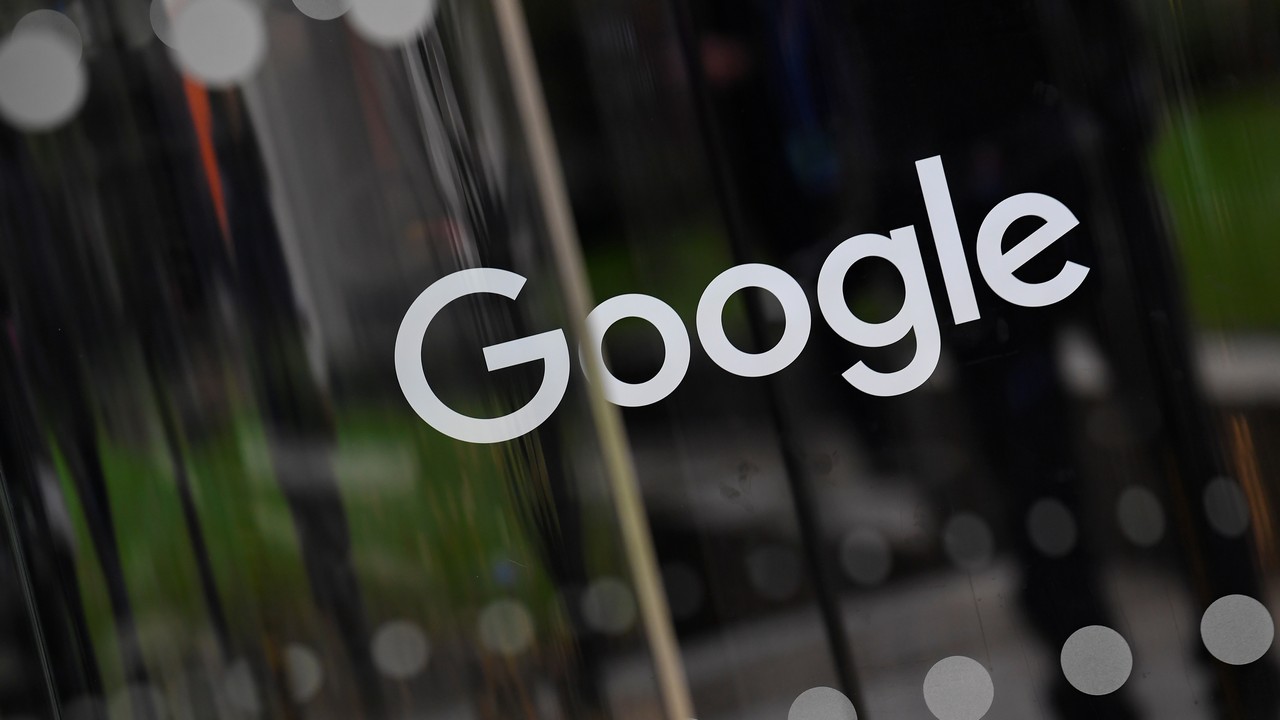Google servers are known to collect a lot of user data. The search giant is also known to use information like user location, browsing habits and search history to personalise search results. [caption id=“attachment_5625011” align=“alignnone” width=“1280”] The Google name is displayed outside the company’s office in London, Britain. Image: Reuters[/caption] A new study by competitor DuckDuckGo has now revealed through research that there’s no escaping this algorithmic bias, even when you’re logged out of Chrome and browsing on incognito mode. In a study conducted in June 2018, entitled ‘
Measuring the Filter Bubble: How Google Is Influencing What You Click’, DuckDuckGo’s research revealed that a majority of users (participants in its study) saw different results when searching three separate terms — gun control, immigration and vaccinations. The study suggests that this “filter bubble” remains active for each individual user even while they’re browsing in private or when logged out of their respective Google accounts.
Finding 1: Most participants saw results unique to them. These discrepancies could not be explained by changes in location, time, by being logged in to Google, or by Google testing algorithm changes to a small subset of users. pic.twitter.com/UQDRHHNo9d
— DuckDuckGo (@DuckDuckGo) December 4, 2018
DuckDuckGo’s main objective of the study was to confirm whether personalised search results were an extension of the effects of the “bubble” and influenced people’s decision making. As part of the study, DuckDuckGo compiled 87 result sets from each participant and conducted the repeated searches simultaneously starting on 24 June. The company did one private, logged-out test and then a logged-in test immediately after, in a bid to ensure there was no influence on the private test. The results were quite astonishing.
Finding 2: On the first page of search results, Google included links for some participants that it did not include for others, even when logged out and in private browsing mode. pic.twitter.com/IkwhfLUhyC
— DuckDuckGo (@DuckDuckGo) December 4, 2018
The Google competitor found that using the incognito browsing and logging out of Google had barely any effect on the variation in search results. When testing for differences in unique domains being displayed, the study found that 87 people saw 19 domains ordered in 31 ways while some results returned domains that no other participants saw.
Finding 3: Results within the News and Videos infoboxes also varied significantly. Even though people searched at the same time, people were shown different sources, even after accounting for location. pic.twitter.com/yFFSmLpsUW
— DuckDuckGo (@DuckDuckGo) December 4, 2018
While browsing incognito or when logged out, according to the results of the study, 68 percent of participants saw unique results for “gun control”, while “immigration” produced personalised results for 57 percent of individuals. This number jumped to 92 percent seeing unique results for “vaccinations” in private browsing mode or when logged out.
Finding 4: Private browsing mode and being logged out of Google offered very little filter bubble protection. These tactics simply do not provide the anonymity most people expect. In fact, it's simply not possible to use Google search and avoid its filter bubble. pic.twitter.com/6YM19diPQw
— DuckDuckGo (@DuckDuckGo) December 4, 2018
When browsing on a normal search window, the results were surprisingly similar — 59 percent of the participants saw unique results for “gun control”, 63 percent for “immigration” and 92 percent of the participants had personalised results for “vaccinations”. In a comment to The Verge, Google explains that “search results can change by the minute and sometimes even by the second”, and that “personalisation is done on a small fraction of the total number of queries entered into search”. This explanation, however, does not explain why search results still get influenced by personal algorithmic biases when logged out or during incognito browsing, although Google clarifies that it “does not personalise results for incognito searches using signed-in search history.” In another statement to 9To5Google, Google also goes on to say, “This study’s methodology and conclusions are flawed since they are based on the assumption that any difference in search results are based on personalisation. That is simply not true. In fact, there are a number of factors that can lead to slight differences, including time and location, which this study doesn’t appear to have controlled for effectively.”


)
)
)
)
)
)
)
)
)



